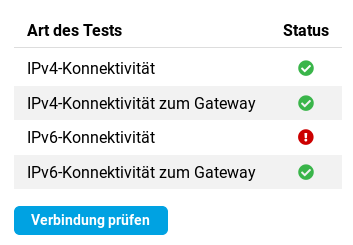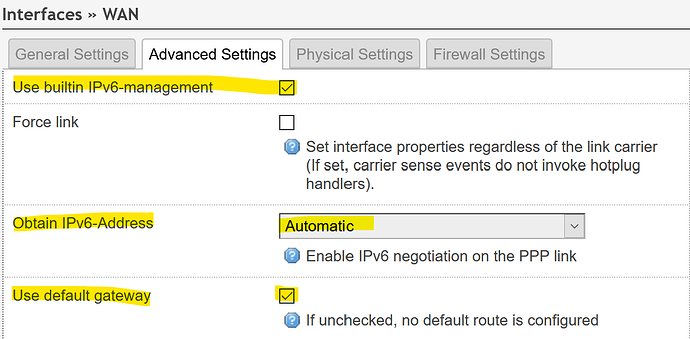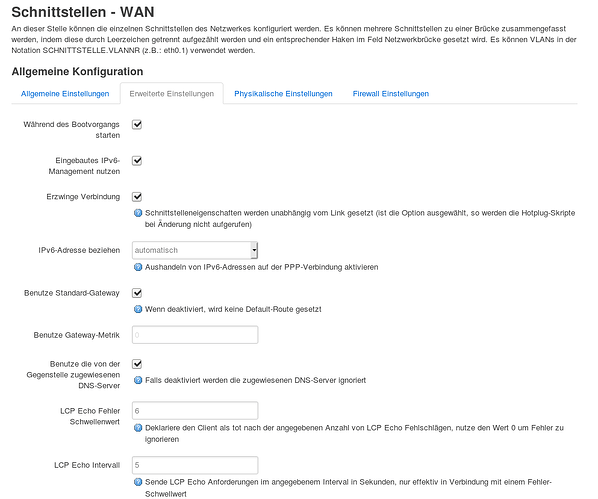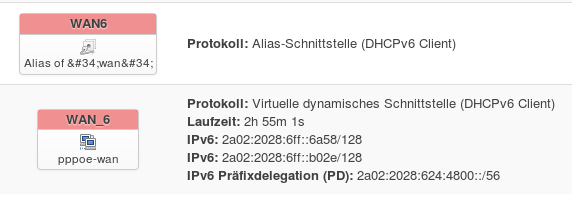Thanks a lot.
The package ds-lite is installed:
root@turris:~# opkg list ds-lite
ds-lite - 7-4.0 - Provides support for Dual-Stack Lite in /etc/config/network.
Refer to http://wiki.openwrt.org/doc/uci/network for
configuration details.
Today in the evening I will remove it.
`opkg remove ds-lite` will be the correct cmd?
If remove the package whats happened with the Dual-Stack functionality?
How I can cover this w/o the package?
Ive read more than one times in the net about the DS-Lite failure. Its a general thing an not specific to TO router/OpenWRT?
How can I manage the " `"? Related to my german keyboard?




